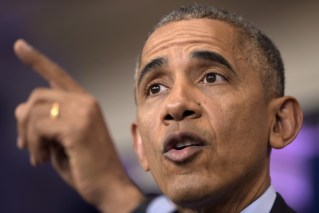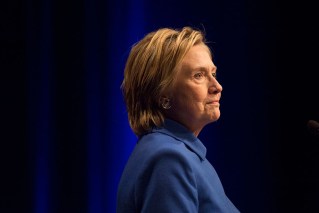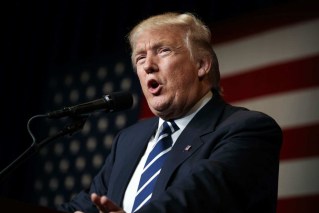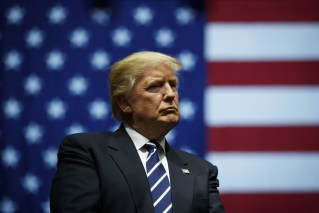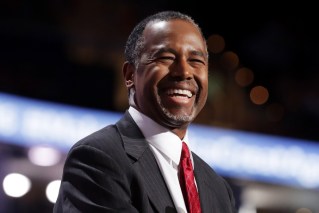Coalition seizes on post-Brexit instability

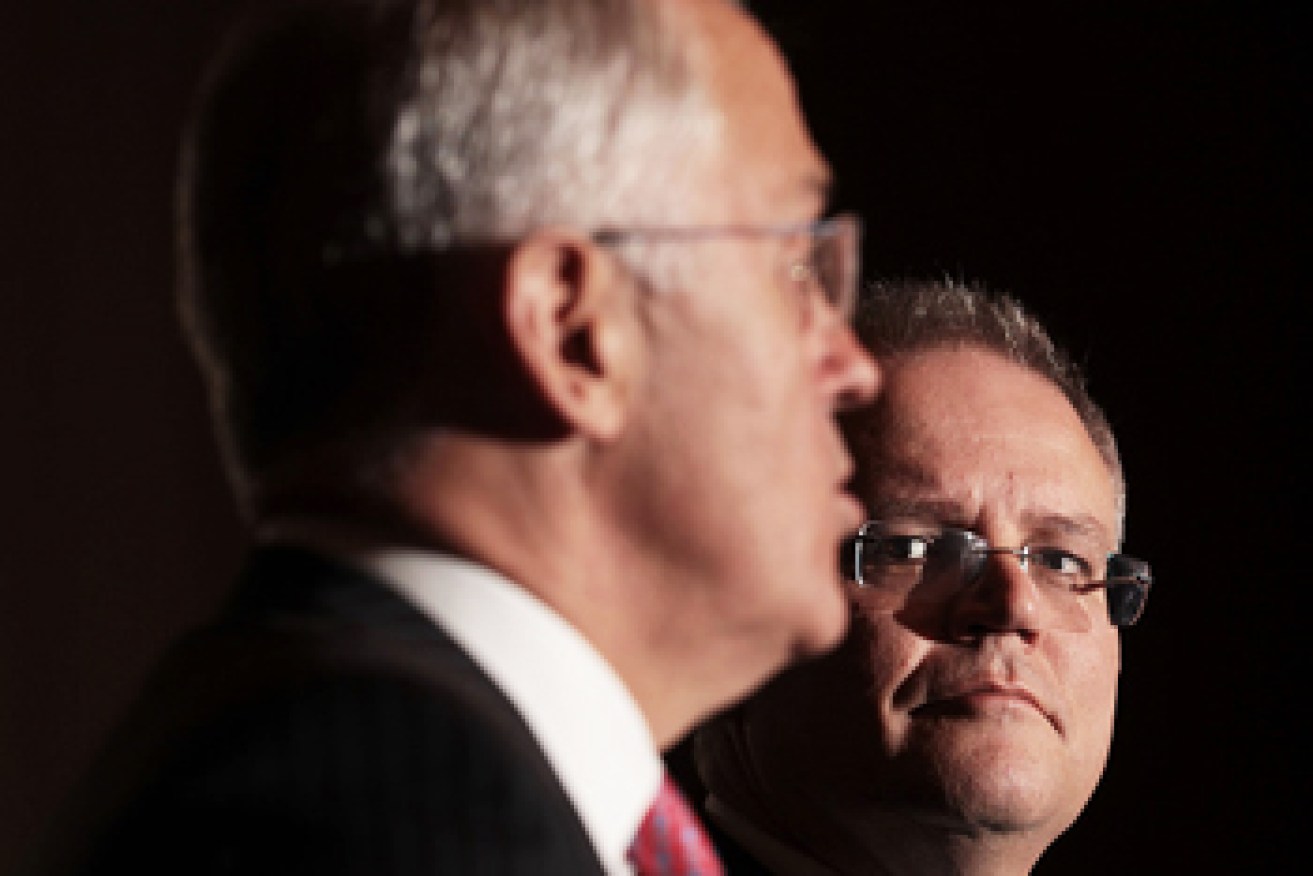
Turnbull and Morrison went hard on Labor's economic 'mismanagement' after Brexit. Photo: Getty
The Coalition now leads in the latest Newspoll as Brexit gives both major parties a stability test in the final week of the election campaign.
The Liberal-National Party is ahead 51-49 on two-party terms and 43-36 on primary votes in Newspoll, The Australian reported on Sunday night.
It follows the majority decision of the British people to withdraw from the European Union, which has wiped trillions from world markets and put the pound into freefall.
In the 48 hours since the announced resignation of British prime minister David Cameron, Mr Turnbull and Mr Shorten, Treasurer Scott Morrison and Shadow Treasurer Chris Bowen have been privately briefed under caretaker conventions by the Governor of the Reserve Bank and the Secretary of the Treasury.
• ‘Trade deals key to our future’
• Leaders blaze away
• Boats sent to tackle Labor
The implications for the Australian economy immediately concern the trading relationship with Britain. If other countries also leave the European Union the instability will spread.
There is intense analysis underway on the gender, age, regional, socio-economic and immigration motivations of Britons who decided to quit the EU to see what can learnt and is relevant for Australia’s domestic politics.

The charts are out at Labor. Photo: AAP
The immediate mantra was stability.
“At a time of uncertainty the last thing we need is a parliament in disarray,” Mr Turnbull told the Liberal Party’s campaign launch in western Sydney on Sunday.
“We will need to renegotiate trade deals in Europe.”
Mr Bowen told a news conference that he could not publicly discuss his briefing from the Reserve and Treasury, except to say: “the major impact comes from global uncertainty.”
“The UK is no longer a top five trading partner. It is a much less intense economic relationship than it was a few decades ago.”
Which party is the better crisis manager?
Mr Turnbull appealed to voters to trust him to deliver Australia through the Brexit-induced uncertainty by the application of “calm heads and steady hands”.
The Brexit bombshell in the final stages of the federal election has raised the question of which party is best equipped to manage any economic shocks.
Questioned on this by the ABC’s Barrie Cassidy on Insiders, Labor’s deputy leader Tanya Plibersek claimed Labor’s crisis management was superior from the global financial meltdown in 2008 with its stimulus rescue response being opposed by then opposition leader, Malcolm Turnbull.

Turnbull and Morrison went hard on Labor’s economic ‘mismanagement’ after Brexit. Photo: Getty
“We protected 200,000 jobs. We got three ‘Triple A’ credit ratings for the first time in Australia’s history. By international standards we were one of the best performing economies in the world,” Ms Plibersek said.
In his campaign launch Mr Turnbull directly attacked Mr Shorten over free trade agreements, saying the Labor leader and trade unions had worked intensely to undermine Australia’s recent trade agreement with China.
Other issues to be raised from Brexit are Australia’s remaining connections to Britain through the Commonwealth, with the Queen as head of state, and the strategic immigration rate with the business lobby advocating Australia’s population grow to 40 million by 2055.
It all adds up: Labor’s admittedly higher deficit
Treasurer Scott Morrison has been given a free kick through Labor’s admission on Sunday that its projected budget deficit would be bigger over the next four years.
While the Coalition has yet to release its costings, Labor’s spokesmen Chris Bowen and Tony Burke offered no apology for the higher deficit.
They claimed it as a virtue of demonstrable fairness to maintain investments in Medicare, health and education in the face of Abbott-Turnbull cuts.
Labor concedes its costings, certified by the Parliamentary Budget Office and three external analysts as credible given current assumptions, will deliver a deficit $16.5 billion higher than the coalition’s over four years.

Brexit poses a challenge not just for Britain. Photo: AAP
Labor’s claim that it would return to balance at the same time as the Coalition in 2021 has provoked deep scepticism among economic commentators. The same scepticism applies to the Coalition’s recent budget which claimed to return to balance in five years.
One journalist asked Mr Bowen about Labor’s claim: “How can voters possibly see this as responsible and how can you possibly turn around so fast in 2020 to 2021 that deficit from $11.3 billion to a surplus of $1 billion?”
Mr Bowen replied that the government costings included the so called ‘zombie’ savings which would never be passed by parliament.
“Now if you do include those measures as not being passed, their deficit rises to $9 billion. So yes you have a difference between 9 and 11 in that final year. That is the comparison of the real world, a difference between 9 and 11.”
As the final week of the election campaign begins voters will be blasted with troubling economic news through the Brexit phenomenon.
It is on that issue that Mr Turnbull and Mr Shorten will have to direct their leadership pitches.
Quentin Dempster is a Walkley Award-winning journalist, author and broadcaster with decades of experience. He is a veteran of the ABC newsroom and has worked with a number of print titles including the Sydney Morning Herald. He was awarded an Order of Australia in 1992 for services to journalism.



